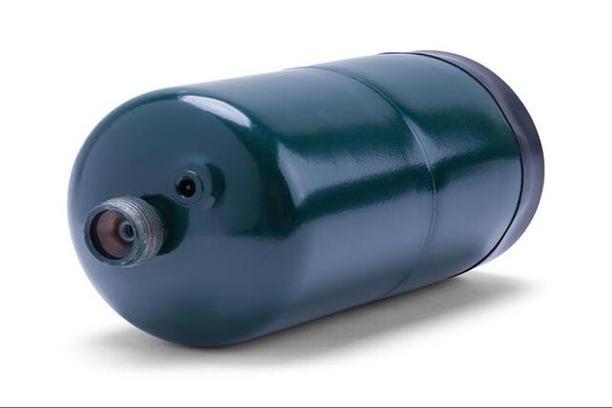The Hazards of Refilling Disposable Propane Cylinders: What You Need to Know

Propane cylinders are indispensable for various outdoor activities, from camping to picnicking and tailgating. These cylinders house highly pressurized propane gas, serving as the lifeblood of outdoor cooking, heating, and lighting. However, the allure of disposable, compact, and lightweight propane cylinders has led some to consider refilling used ones instead of purchasing new ones. Unfortunately, refilling single-use propane cylinders can pose significant health and safety risks, as underscored in a recent safety advisory by authorities. Let’s look at some of the warnings issued by regulators and the perils associated with refilling disposable propane cylinders.
Refilling disposable propane cylinders is a problematic endeavor primarily because these cylinders are engineered for single use only. Over time and with usage, these cylinders degrade, becoming structurally weaker and, thus, more susceptible to ruptures or leaks. Furthermore, propane levels can deplete with time, and inconsistent tank pressure may result in cylinder malfunctions, potentially leading to explosions, fires, or even carbon monoxide poisoning. Manufacturers and regulators caution that refilled propane cylinders may lack critical safety features like overfill protection valves and safety devices in new cylinders, amplifying the risk of accidents.
Contamination is another critical hazard linked to refilling single-use propane cylinders. The refill process might not be as reliable, permitting contaminants like moisture, dirt, and rust to infiltrate the cylinder. These intrusions can damage the propane regulator, burner valves, and other appliances. Moreover, contamination can lead to incomplete combustion, generating harmful gas by-products that jeopardize health and the environment.
Federal authorities expressly advise against refilling single-use propane cylinders, instead recommending the purchase of new cylinders designed explicitly for refilling. Additionally, propane tank manufacturers vehemently discourage any modifications to propane tanks or refilling them, as it voids warranties and jeopardizes safety. Instead, they advocate for properly disposing of used propane cylinders at local hazardous waste facilities.
Proper storage and transportation of propane cylinders are also vital safety measures. Always store propane cylinders upright in a cool, dry, well-ventilated area, far from heat sources, direct sunlight, and flammable materials. During transport, securely fasten propane cylinders to prevent damage and leaks, never storing them in confined spaces like car trunks or passenger compartments.
The perils associated with refilling disposable propane cylinders cannot be understated. Federal safety advisories caution against this practice and advocate for the safe disposal of used cylinders. Filling single-use propane cylinders carries a substantial risk to life and property, encompassing explosions, fires, carbon monoxide poisoning, and other health hazards. The safest action is to acquire refillable propane cylinders and adhere to correct storage and transportation protocols. By taking these essential precautions, you can enjoy the convenience and benefits of outdoor activities while prioritizing safety above all else.














